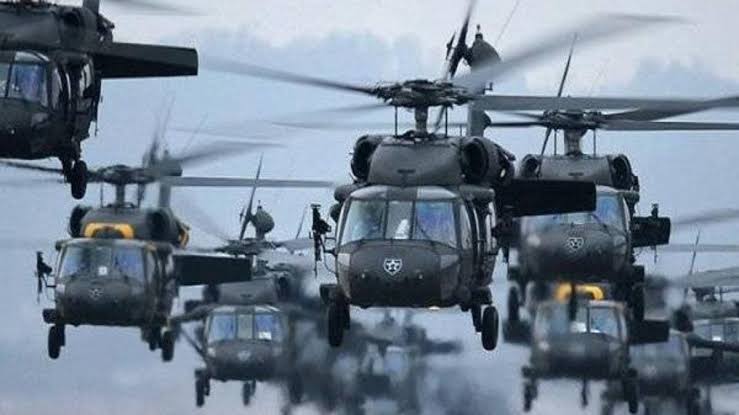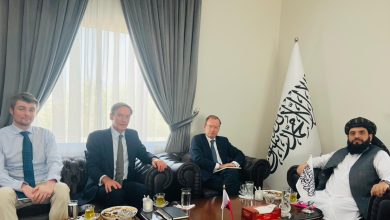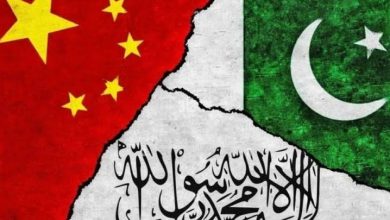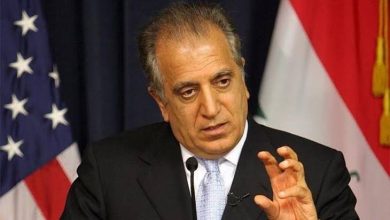Analytical Report: Return of Seven Black Hawk Helicopters from Uzbekistan to the United States

Weezha Roz-In a new development in relations between Afghanistan, Uzbekistan, and the United States, some Uzbek media outlets have reported that seven Black Hawk helicopters, which were transferred to Uzbekistan following the collapse of the former Afghan government in 2021, have been returned to the United States.
This move was recently announced during a ceremony at the Uzbek Embassy in Washington, D.C.
Background and Previous Developments:
During the fall of the Afghan government and the Islamic Emirate’s takeover of the country, more than 46 military aircraft and helicopters from Afghanistan were transferred to the neighboring country of Uzbekistan.
These aircraft and military equipment, primarily purchased during the former Afghan government, were quickly moved out of Afghan territory amid the chaos and collapse of the government.
In addition to the Black Hawk helicopters, other types of military equipment, such as C-130 helicopters and various other aircraft, were also transferred to Uzbekistan.
Implications and Consequences of the Return of the Helicopters to the U.S.:
The return of the Black Hawk helicopters from Uzbekistan to the United States could have significant political and military implications.
Firstly, this move could indicate the United States’ efforts to reclaim sensitive military equipment that, if misused, could pose a threat to regional and even U.S. security.
Additionally, this decision could be part of the United States’ broader strategy to strengthen its position in Central Asia and ensure that advanced military equipment is not used against its interests in the region.
On the other hand, this action could impact relations between Afghanistan and Uzbekistan.
Uzbekistan has played a significant role in hosting Afghan military equipment over the years, particularly during the former Afghan government.
The return of this equipment to the United States could signal a shift in the political and security relations between the two countries.
Potential Reactions and Future Analysis:
Given that the Islamic Emirate has not yet commented on this news, there may be future reactions from Afghan officials in response to this U.S. decision.
Although the Islamic Emirate has not officially stated its intention to use this equipment, the return of these assets could have various impacts on Afghanistan’s domestic and foreign policies.
Ultimately, the return of the Black Hawk helicopters to the United States could be part of a larger U.S. strategy to manage and control sensitive military equipment and prevent other countries from accessing these resources.
This move may lead to new international reactions in the future, particularly from countries in the Central Asian region, as well as China and Russia, which have concerns about U.S. influence in the area.
Conclusion:
The return of the seven Black Hawk helicopters from Uzbekistan to the United States not only marks a shift in the relations between Afghanistan, Uzbekistan, and the U.S. but could also be seen as a strategic step toward controlling and managing advanced military equipment on a global scale.
In this context, the future reactions and decisions of Afghan and Uzbek officials could significantly influence regional and global developments.
Weezha Roz




